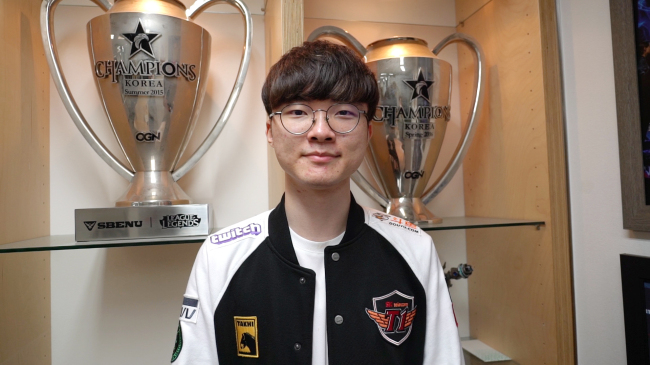



Lee continued, "I see this as a positive development, as in the past it has been a personal concern of mine to see all these professional players retire at a very young age, not being able to figure out what they would do with their careers, so with the extension of their professional gaming life, I hope to see more positive change in the field.” Stream onĪdmittedly, there are also other benefits for the organization itself. "We’ve seen a lot of technological progress, and more sophisticated game-playing as well, so I believe that the life expectancy of a professional player has been extended somewhat so we see quite a number of players who are around age 29." "In the past, we would say that the peak age at which the players reach their maximum competency in playing these games would be 18-23 years, but nowadays we have a lot more categories of games," says Lee. Of course, that has been lengthened in recent years. And if they get distracted or become driven by the entertainment value or the fun of a certain game, I worry they might not be as focused on what they should be doing.” Game over?Īnother thing to consider is that professional esports players tend to have fairly short careers, with many starting in their teenage years and retiring around the time most people would be graduating college. He continued, "The reason I have this policy is because for them gaming is more of a job, and if you take into account that these gamers are quite young in age, they have not quite developed that sense of professionalism yet. “I have a very strict policy against that, so for instance, whenever the players are within this environment during training hours, they have to stick to their area of expertise, but of course they’re free to play whatever game they like if they’re on vacation or if they’re at home," says Lee. Of course, players must use this time to strictly play the game they specialize in, meaning you won't find them dabbling in other titles during work hours. Typically, players arrive at Gen.G headquarters a little later in the morning, sometimes starting their training around midday. Off season, they train at least eight hours a day.” “On average, during a season 12-15 hours per day. Jihun Lee, general manager of Gen'G's players department, echoes this statement.


 0 kommentar(er)
0 kommentar(er)
